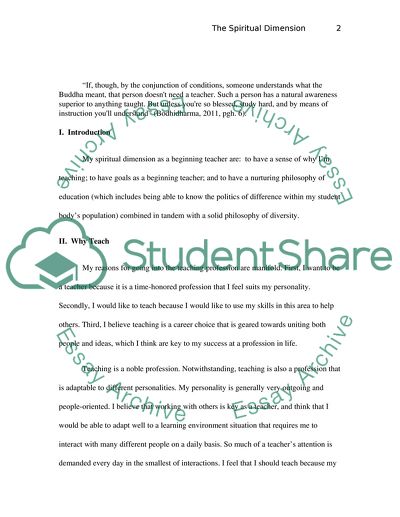Cite this document
(“The Spiritual Dimension of Being a Beginning Teacher Essay - 1”, n.d.)
The Spiritual Dimension of Being a Beginning Teacher Essay - 1. Retrieved from https://studentshare.org/education/1748691-reflective-essay
The Spiritual Dimension of Being a Beginning Teacher Essay - 1. Retrieved from https://studentshare.org/education/1748691-reflective-essay
(The Spiritual Dimension of Being a Beginning Teacher Essay - 1)
The Spiritual Dimension of Being a Beginning Teacher Essay - 1. https://studentshare.org/education/1748691-reflective-essay.
The Spiritual Dimension of Being a Beginning Teacher Essay - 1. https://studentshare.org/education/1748691-reflective-essay.
“The Spiritual Dimension of Being a Beginning Teacher Essay - 1”, n.d. https://studentshare.org/education/1748691-reflective-essay.


